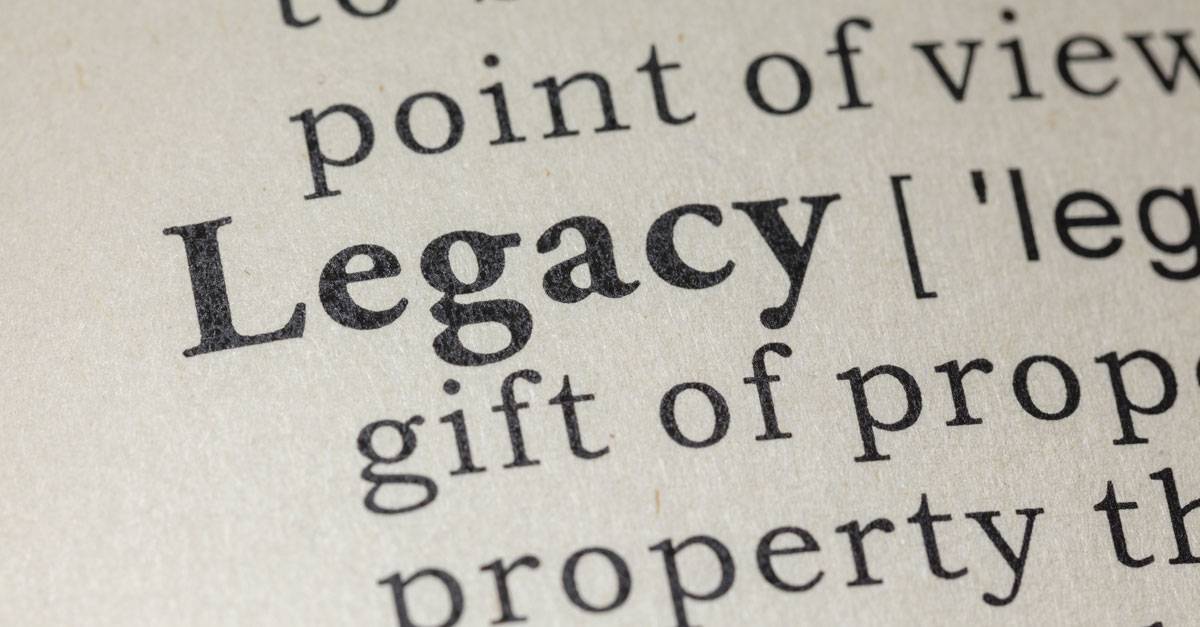Although we are not always aware of it, we inherit a lot from our parents and ancestors, and it is not only material things. Difficulties, crises, or illnesses we are going through might be the cause of those problems. Getting to know our family system can be a good starting point for looking for deeper answers about our existence. The therapy that helps us take that journey through time to our origins and history to better understand who we are is called psychogenealogy.
Conscious and unconscious Transmission
There are two types of transmission in psychogenealogy: intergenerational transmission and transgenerational transmission. Intergenerational transmission is a conscious, voluntary transmission. It includes everything we have received from our parents, grandparents, uncles, or aunts. It can be goods, objects, or stories, but also values, education, and a whole lot of other things that are passed on from one generation to the next. As it is a conscious transmission, we can only keep and adopt the things we identify with.
On the other hand, transgenerational transmission is more complex. Indeed, it is an unconscious, unvoluntary process. Obviously, like this, we inherit both trauma and positive resources. “An essential aspect of psychogenealogy is to become aware of the innumerable resources that we inherit,” says Marie-Adélaïde Debray, art therapist and psychogenealogist for the website abbove.com.
Stuck Mournings or Traumas
On a genetic and biological level, we are descended from people, i.e., the physically strongest individuals who adapted successfully to their environment, survived, and reproduced in turn. We also cannot forget that our ancestors lived through wars, epidemics, mourning, or precarious situations. This is our strength on a psychological and moral level. Most of the people living before us showed incredible resilience. And third, in every family tree, there are individuals who are creative, intelligent, courageous, engaging, and daring.
Elevate Your Wealth Game: Empowering UHNWIs for Simplified Asset Management. Altoo Platform Preview
And what does the transmission look like? We are often dealing with the unspoken, with trauma and tensions that are passed on in a hidden way. This state can cause difficulties, shame, and discomfort over several generations without being aware of it. Let´s have an example of a great-grandparent who suffered a very serious loss and who was traumatised by it. The mourning remained stuck in some way. That wound still manifested itself generations later in the form of behaviour, symptoms, and even diseases in some of the offspring. And then, children are sponges who often pick up and adopt the behaviour of their parents, at least in part.
When is the psychogenealogist´s turn?
In creating a place in society and building self-confidence, many unconscious processes play a role. Examining the family history can have consequences in the form of unexpected psychological issues or traumas; it can sometimes lead to blockages or suffering. We might be missing some part of our origin, i.e., having ancestors from another country or continent without the knowledge or possibility to find it out.
Psychogenealogists can help answer the question of whether the cause of our problems can be found in our family history. “For example, the place we occupy among our brothers and sisters is a very important element,” says Marie-Adélaïde Debray, who lists the important elements of the family puzzle: “Being the oldest, being the youngest, being born after a deceased child, being born as a girl while the parents wanted a boy to pass on the name, being the one who is implicitly called upon to heal wounds, being given the name of a grandfather who died too soon”…”—all these characteristics play an important role in our lives.
Whatever the case, a journey to our ancestors can be a really positive adventure and, very often, a source of pleasure.









